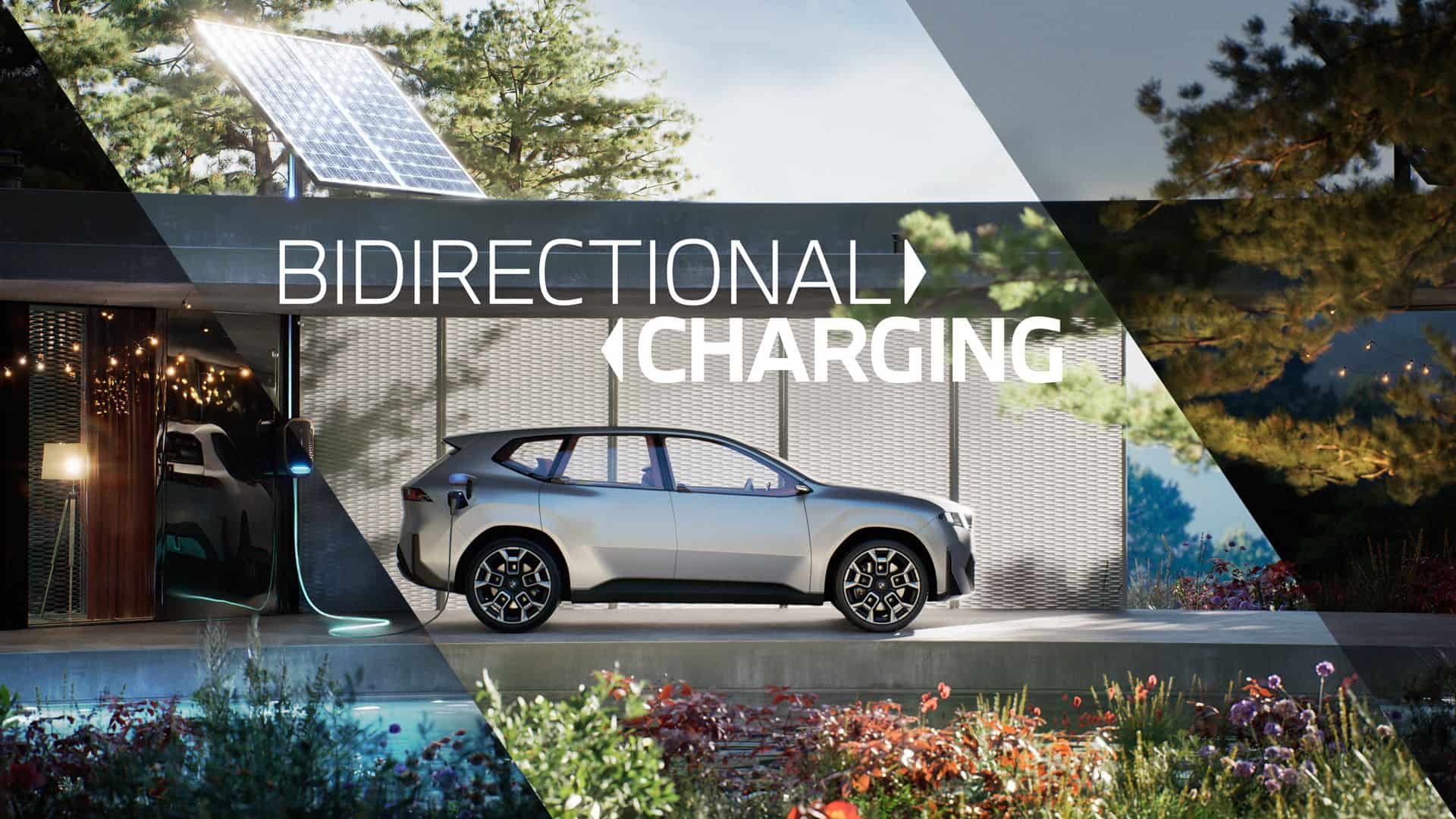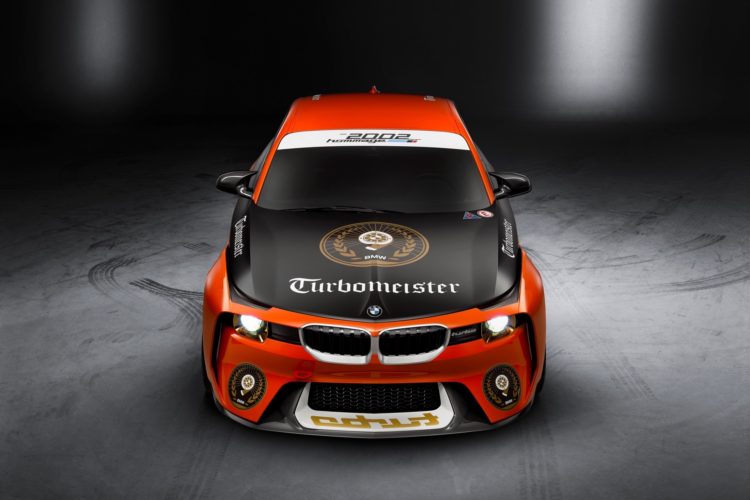BMW’s first batch of Neue Klasse models is just around the corner, and we’re finally getting some real insight into their next-gen electric tech. The biggest news? BMW is moving to an 800V architecture, stepping away from its current 400V setup. This is a big deal because it means significantly faster charging—up to 30% quicker than today’s BMW electric vehicles—provided you’re plugged into a DC fast charger that can deliver the right amount of power.
In the U.S., charging networks, like Electrify America, offer charging speeds up to 350 kW. This month, IONNA opened its first charging location in North Carolina’s Research Triangle Park area. The Apex, NC Rechargery features 10 charging bays, each supporting both NACS and CCS standards and delivering up to 400 kW of fast-charging power per bay.
800V Charging: What It Means for BMW EVs
At an event in Munich, BMW wasn’t ready to share full charging specs just yet, but here’s what we do know: 10 minutes of charging will add 300 km (186 miles) of range. That’s impressive, but the real question is: does this apply to all Neue Klasse models, or just the upcoming iX3, which will be the first to launch? Will all models get the same charging power, or will BMW stagger the speeds, reserving the highest rates for premium versions?
While BMW didn’t confirm exact figures, sources suggest that Neue Klasse charging speeds will be competitive in the market. So we expect charging capabilities to start at 260 kW for certain models and could go as high as 400 kW—possibly even more in future models. If that’s true, BMW’s new EVs will be among the fastest-charging cars on the market. Of course, it remains to be seen whether BMW will offer lower charging capabilities in entry-level models, like a future i1, i2 or iX1. We do expect BMW to come strong out of the gate with the new iX3 offering impressive charging capabilities.
Where BMW Stands in the Charging Wars
To put those numbers into perspective, let’s compare BMW’s rumored charging speeds with some of today’s quickest EVs:
- Lotus Emeya – 402 kW
- Lucid Gravity – 400 kW (expected)
- Hyundai Ioniq 5 – 230 kW
- Mercedes EQS/EQE – 200 kW
- Lotus Eletre – 350 kW
- Lucid Air Grand Touring/Sapphire – 304 kW
- Tesla Model Y – 250 kW
If BMW delivers 300-400 kW DC fast charging, it’ll leapfrog most competitors, putting it right up there with the fastest-charging EVs on the road. That’s a major shift from BMW’s current lineup, where charging speeds vary from 150 kW (iX3) to 205 kW (i5, i7, and refreshed iX). That said, the real bottleneck right now isn’t the OEMs’ tech capabilities—it’s the global charging infrastructure that needs to catch up.






































































